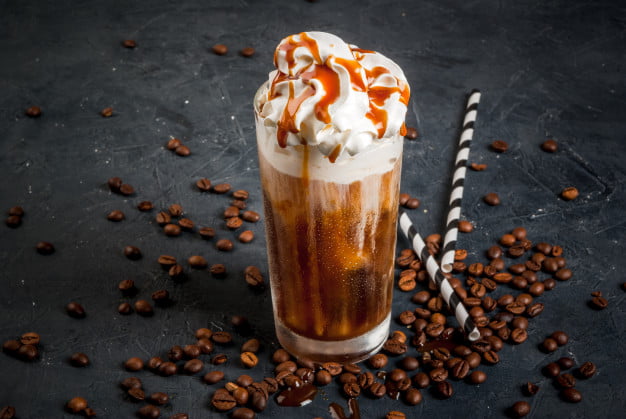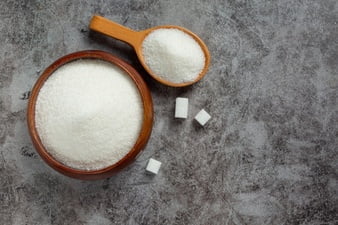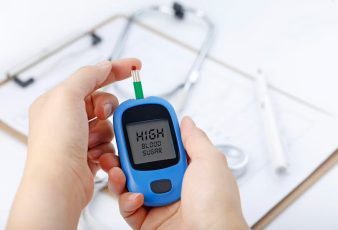If you’re trying to watch your weight and finding that sugar is nearly impossible to give up, you’re not alone. It may sound extreme to compare eating sugar to drug addiction, but the research is in and it is upholding that truth.
So how can you wean yourself off of a sugar addiction?
Below are five ways you can reduce your added sugar intake. Start with as many as you can successfully navigate and then add more as your new habits are established.
Eat Full-Fat Foods:

It may seem counterintuitive but full-fat foods can actually be lower in calories. Fat is a macronutrient that signals your brain that you are full. To replace that feeling in low-fat foods, manufacturers add tons of extra sugar. You may even notice that most low-fat foods now carry labels saying that the food is not “low calorie” just low-fat.
If you find yourself overeating in general you may want to look at food tracking and possibly supplements like those from Nucific to help curb your appetite. Remember to talk to your doctor before starting any new supplement.
Eat Real Food:
When author Michael Pollan famously wrote that people should “eat food, not too much, mostly plants,” he pointed out that what your grandparents recognized as the food was altogether different than most of what is in the grocery store today. One of the best ways to reduce sugar, salt, and other artificial ingredients is to skip packaged, processed food altogether.
Try doing meal prep once or twice a week to help guide your eating into healthier patterns. This includes checking labels on things you may use that seem like they’d be healthy, like jarred pasta sauce which can have as much as three teaspoons of sugar per half-cup serving.
Cut the Sugary Drinks:

If cutting out processed foods isn’t in the cards right now, an easier step is cutting out sugary drinks. Don’t think you’re avoiding the sugar of sodas if you’re hitting the coffee shop drive-thru every morning.
A can of Coca-Cola has 39 grams, about 10 teaspoons, of sugar which is bad. Consider a Pumpkin Spice Latte from Starbucks though; a 16 ounce grande has 48 grams, or 12 teaspoons, of sugar before the barista adds the whipped cream.
Making a clean break from sugary drinks is one of the easiest, fastest ways to reduce excess sugar in your diet. Switch to water. If you need your jolt of caffeine, drink coffee or tea without sugar or flavored creamers. Stevia is a good compromise if you need the sweetness. Unlike other artificial sweeteners, it’s from a plant, not the lab, and isn’t tied to weight gain, cancer, or Alzheimer’s.
Eat Before You Shop:
If you buy sugary food and have it around the house, you’re more likely to give in to the temptation to snack. If you shop when you’re hungry, you’re more likely to buy sugary food and have it around the house. Break the cycle by making sure you’ve always eaten before you go to the grocery store.
Combine this with a set grocery list based on your meal prep schedule and you’re guaranteed to stick to the items you need and not get sucked in by the cookie aisle.
Skip Dessert:
You knew it was coming. Dessert can be a fun treat, but too often it becomes an expected dinner course. Once you’re used to having a nightly dessert it is difficult to cut it out, so try these alternatives to wean yourself from a nightly sugar binge:
- Fresh fruit balances natural sweetness with fiber and a low-calorie total.
- Dark chocolate can feel decadent without all the sugar of milk chocolate.
- Greek yogurt can be dressed up with fruit as an ice cream alternative.
Try one or all of these recommendations to work on cutting excess sugar from your diet. Not only will lower sugar keep you trim, but you’ll also add in more foods with the nutrients you actually need.





























